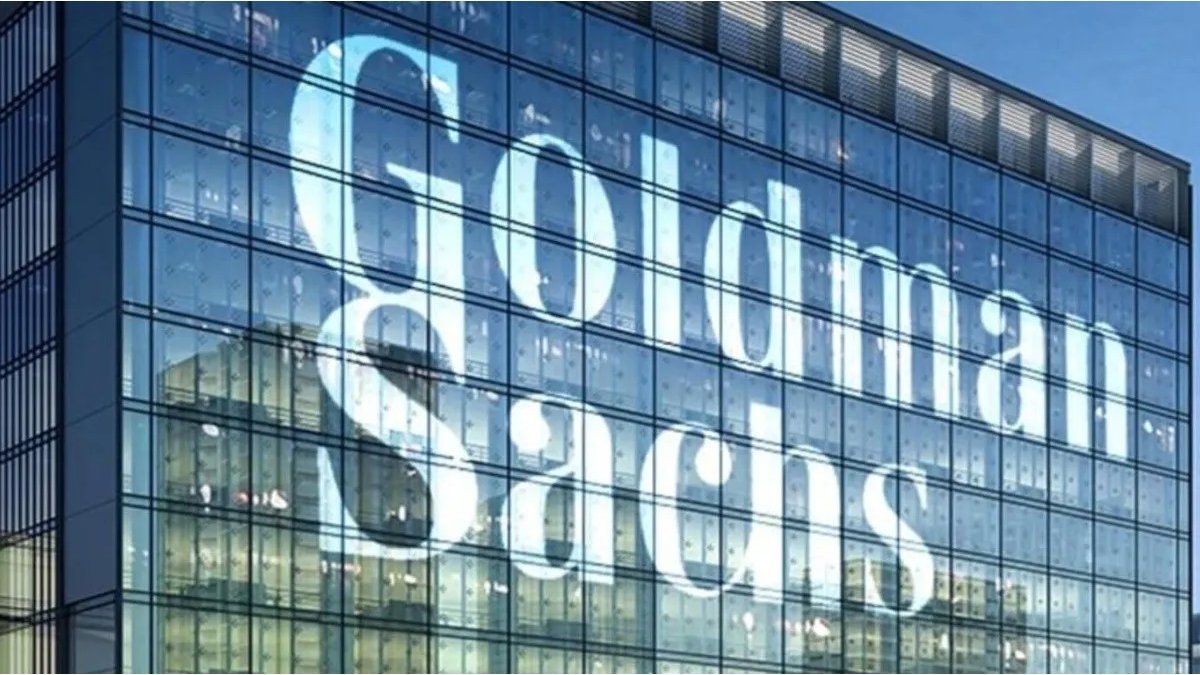Menu
Energy industry: Uniper makes its first repayment: 530 million euros
Categories
Most Read
Hardly any pension: These cohorts receive particularly little in retirement
October 18, 2025
No Comments
Crisis in France: S&P lowers rating: France is threatened with higher interest payments
October 18, 2025
No Comments
Why the price of gold could rise even more dramatically
October 18, 2025
No Comments
The widow’s pension is offset against your own pension
October 18, 2025
No Comments
Migration of companies: shareholder advocates support Merz’s push for a European stock exchange
October 18, 2025
No Comments
Latest Posts

Due to lower sales in supermarkets, mass consumption fell 4.4% in September
October 18, 2025
No Comments
October 18, 2025 – 20:54 Activity in pharmacies also contracted. In contrast, there was a good performance of e-commerce and independent self-services. Mariano Fuchila After

New Vatican report denounces retaliation against victims of sexual abuse
October 18, 2025
No Comments
October 18, 2025 – 20:16 The document points out regional inequalities, calls for economic reparations and proportional sanctions for those responsible. For the first time,

Goldman Sachs projects continuity in the rise of stocks in emerging markets: which ones top the list
October 18, 2025
No Comments
October 18, 2025 – 19:36 The investment bank anticipates sustained growth over the next 12 months, with an emphasis on Asia and other selected markets.
24 Hours Worlds is a comprehensive source of instant world current affairs, offering up-to-the-minute coverage of breaking news and events from around the globe. With a team of experienced journalists and experts on hand 24/7.

